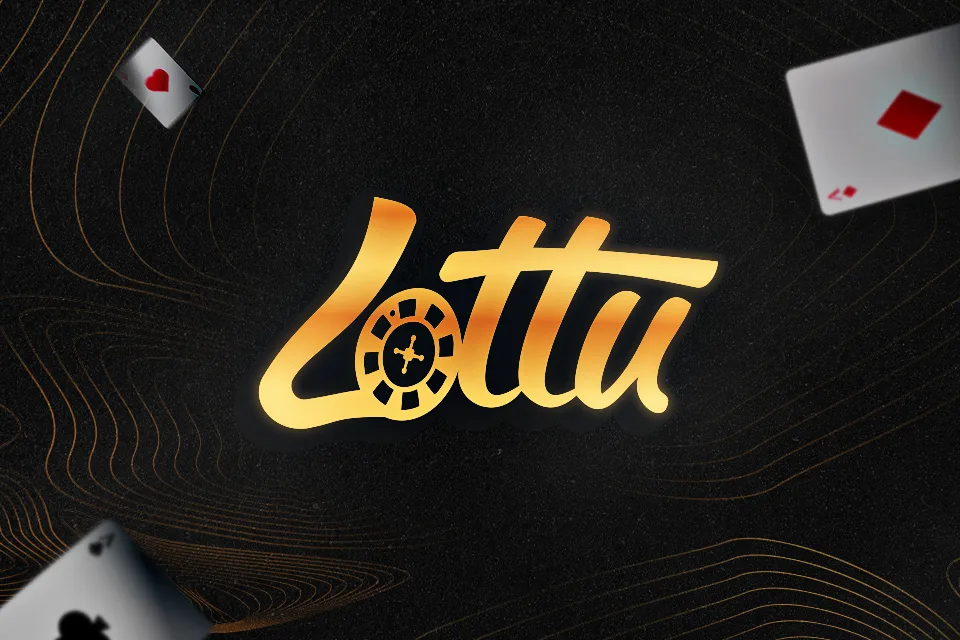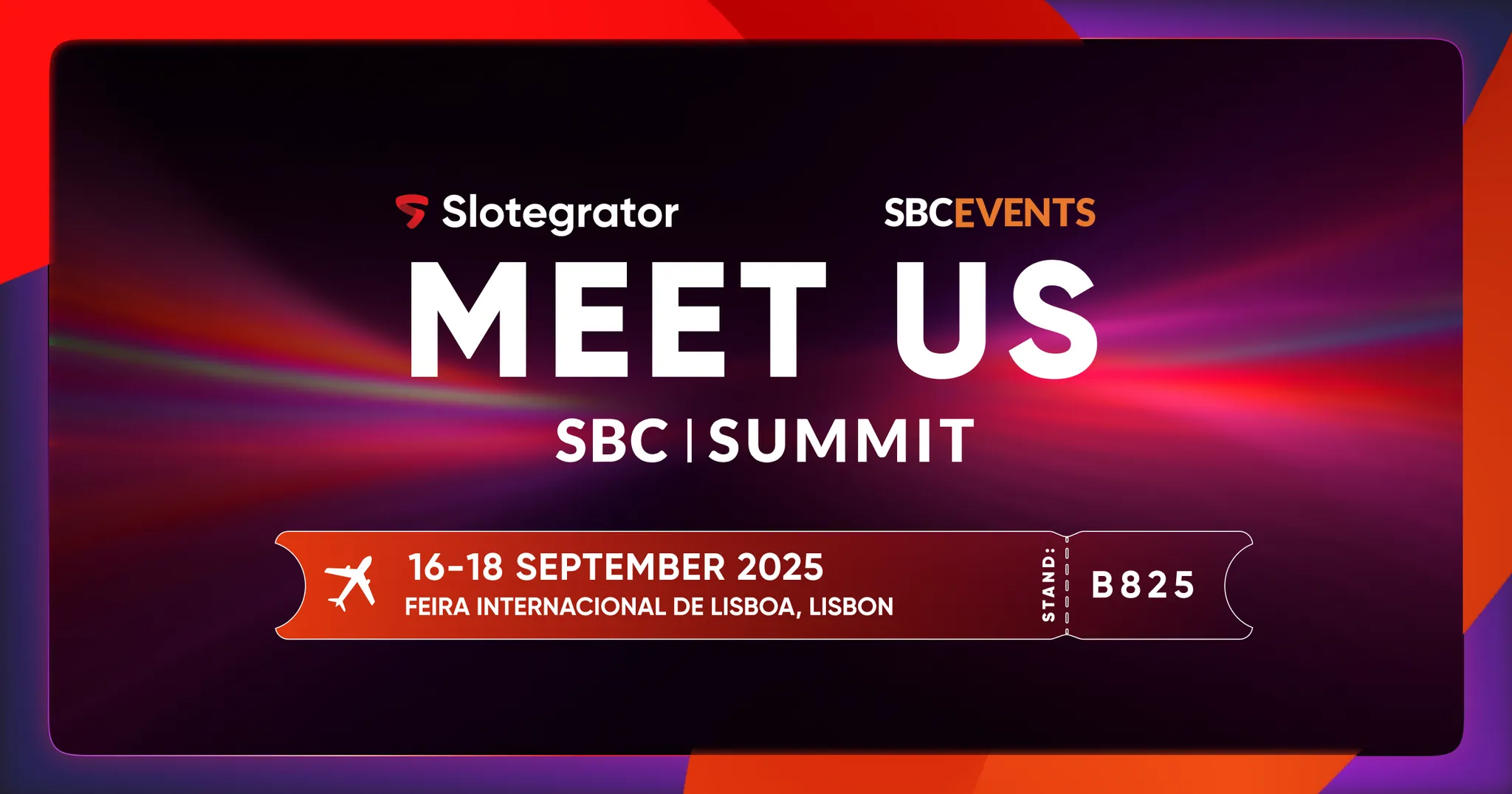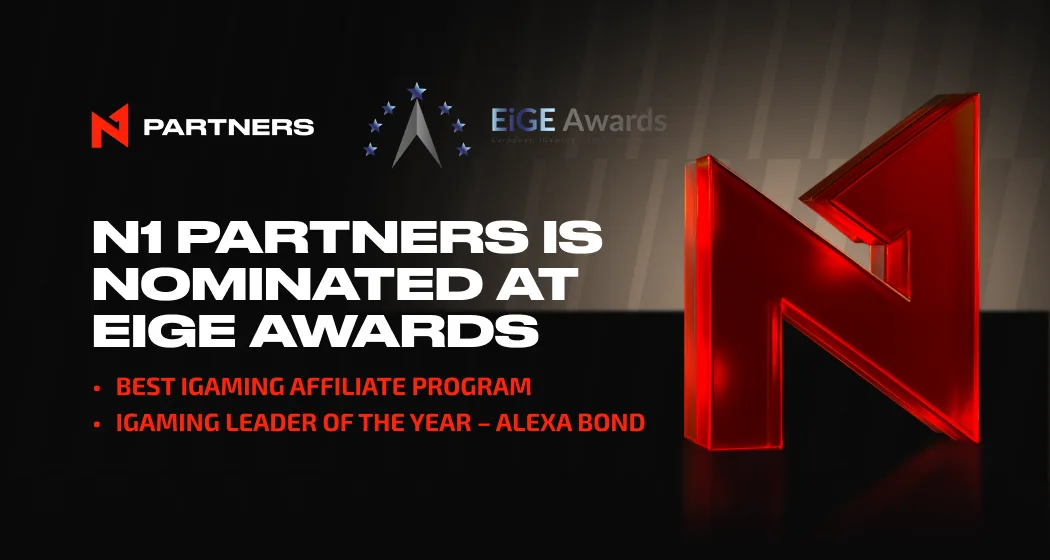Understanding the role and possibilities of Facebook ads in the recent marketing campaigns is important in every industry, and gambling isn’t an exclusion. How to use Facebook ads manager and library? What are the specifics of creating advertising that gives target leads? Login Casino continues the series of publications dedicated to deal with the gambling industry’s business daily issues.
The growing influence of social media is widely used in marketing. As the number of Facebook users is steadily increasing and is on the path to reaching a 3 billion level, this cultural phenomenon cannot be ignored by marketers. Moreover, having vast information about the users’ personal data, the platform’s Artificial Intelligence (AI) algorithms can easily identify the needs or interests for targeted advertising. Yeah, that’s the truth: Facebook started as the alternative to regular ads on television but fastly transformed into a more precise instrument of reaching the clients.
Interestingly, there are small chances that the influence of Facebook will drop in the nearest future. Even though one of the recent trends is a possible human turn to narrower social media (dedicated to the only video content like TikTok or covering business environments like LinkedIn), Facebook is in a safe position owning Instagram. The latter also has increasing popularity and uses the advertising approaches as Facebook does.
The upcoming announcement of the Diem token (Libra) as the digital currency type can have a decisive influence on the platform. If every Facebook user can pay for goods in every country of the world by using only his account, the number of platform users will significantly increase.
The guide to the basic things related to Facebook ads should start from understanding the primary points that a marketer should keep in mind when he/she wants to advertise the product via the biggest social media. They are the following:
- be aware of the advertisement campaign (an increase of brand-awareness or sales);
- have a clear budget plan;
- understand the profile of the potential client (target audience);
- know the location the ads should be placed;
- have psychological skills to hook the customers;
- stay abreast of the recent market trends (in general or in the particular niche);
- remember legislative differences of diverse countries
While those core aspects aren’t new even for the inexperienced marketer, their realization via Facebook has many specifics that should be explained. We’ll focus the attention on the Facebook ads manager as the technical instrument that helps promote products while also explaining the library’s role and how to generate leads utilizing the regarded platform. Let’s go step by step.
What to know before registering on ads manager Facebook?
Being the most popular way to contact people with a marketing suggestion, Facebook developed and adopted many types of ads that can be used on the platform. Before one is entering the marketing war, he or she has to know all the available weapon arsenal and its specifics, which is often used by popular advertising agencies.
Types of Facebook ads
The table below presents the primary types of ads a Facebook manager tool gives to marketers of all spheres:
| Type of Facebook ads | Features | Difficulty & price of creation | Expected effectiveness |
| Image ads | Colorful pictures always look attractive, grabbing enough attention. | Cheap | Average |
| Video ads | If the product requires an additional proof of its effectiveness, it’s a great way to give right imagination of good’s benefit for clients. | Costly | Average |
| Video poll ads | This is a mix of the video ads with more engaging and interactive polls’ usage. People like to vote even if their choice doesn’t matter. | Costly | High |
| Carousel ads | Creating a few connected images increases engagement due to a few-step interaction. | Average | High |
| Slideshow ads | The effect of the video can be achieved with a slideshow or animation, but it’s cheaper and opens faster on clients’ side. | Average | High |
| Collection ads | Showing a few variants of the product cover a wider audience and can lead to direct purchases. | Average | High |
| Instant Experience ads | The optimized full-screen offer opens fast and is ready for direct conversion. | Costly | The highest |
| Lead ads | Fast sign-up or registration process is especially effective for devices’ usage as typing a lot of registering information on a smartphone can be annoying. | Average | The highest |
| Dynamic ads | This is the representation of strategic marketing campaigns that are ready to wait until a customer is ready to purchase. | Costly | Low |
| Messenger ads | This is about the selected part of the Facebook feed that arrives directly to the popular Facebook’s messenger, allowing covering those who prefer using the platform for messaging only. | Cheap | Low |
| Stories ads | This is an adjusted format that came from Instagram and allows using one-side short conversations to deliver needed information in friendly tone. | Average | Average |
| Stories AR ads | This is the upcoming format that allows testing of the product (like cosmetics effect on the face or how the home appliance will look in the room) using a smartphone camera with online filtering software. | The most expensive | The highest |
| Playable ads | This assumes the most intensive interaction via no-install actions; it can be used only for the gaming or digital products advertising. | The most expensive | The highest |
However, one has to understand that this table is rather conditional and is called to give insight into the discussed platform’s marketing features. The marketer also has to understand that diverse types of ads can help to accomplish different marketing tasks, so relying on the method that is the cheapest or with the highest expected conversion isn’t acceptable. Nothing to say about the influence of the particular marketing niche on the effectiveness of concrete ads type.
The specifics of using Facebook lead ads in gambling
Interestingly, even the single sector doesn’t mean that a particular ad method is a right choice. Moreover, gambling ad is one of the aims for bans and legislative limitations on Facebook, though the social media has appropriate settings that block addictive gaming content. Nevertheless, the number of potential customers forces the owners of gaming entertainment and marketing agencies to find the solutions on the regarded platform. To make the situation clearer, let’s review a few examples that will be actual for the gambling industry.
Facebook ads for online casinos and slots
Let’s start with the online casinos, which often rely on the colorful and interactive slots as the primary product. There are no doubts that using Playable ads is one of the most effective ways of promoting such a product as it presents the major benefits of the game in the easiest possible way. Another rather effective way of pushing online casinos can be using Video ads, where happy clients count their costs after installing the application on their smartphone or PC platform (Stories ads can have the same effect). Those methods should be regarded as the most effective for bringing leads to the advertised product.
At the same time, it’s hard to imagine that using Collective ads can bring a lot of customers. While having acceptable price and overall conversion, this type of marketing doesn’t show online casinos or slot games in all the needed fashion.
The usage of Facebook ads by betting platforms
As one of the primary targets of every betting firm is to bring new leads that will be depositing, the type of Facebook ads significantly depends on this fact. Thus, the marketer can rely on Instant Experience, Playable, and Lead advertising types as best prepared for further clients’ actions.
At the same time, the CPA marketing model is not the only way of promotion, and some firms can play a longer game and build a long-lasting sales funnel. It includes the increase of brand awareness tactics, and here the other types of advertising can be utilized, depending on the creativity of the marketer and the budget for such a campaign.
Is it effective to use Facebook ads for the promotion of lotteries or card games?
One of the specifics of lotteries and card games all over the world is a huge human desire to have a paper ticket or scratch card instead of a fully digitized process. Of course, the COVID-19 spreading accelerated the processes of turning from paper to the screen, but every easing of quarantine measures was accompanied by the increase of live visiting of lottery shops and poker rooms.
In this regard, one has to understand that both poker and lotteries can be advertised depending on the online-offline product. If the aim is digital products, the approaches are quite similar to betting strategies aimed at a quick result, where the leads have to download/visit a webpage and bring real deposits. It means that using Playable, Lead, and Instant Experience Facebook ads looks favorable for online products.
Offline advertising looks pretty similar to long-lasting betting strategies, where the brand-awareness and related things are among the major targets. In this case, everything depends on the particular idea. While some marketers prefer Stories or viral Videos with a spectacular human reaction to the big wins (it doesn’t matter lottery or poker), others can create an interesting Slideshow or Carousel Facebook ads.
Facebook ads manager: explaining basic steps
Sooner or later, but everyone who is willing to use Facebook for advertising purposes comes to the ads manager tool. That is the instrument that allows one to launch a marketing campaign on Facebook by setting all the necessary parameters. A marketer has to pass seven-stage setting guide, which includes the following aspects:
Set advertising objectives
That is the cornerstone for every digital marketing campaign as it shows the clear target and helps to define the instruments that can be used for goals’ achievement. Entering the Facebook ads manager, one will see the following table and have to choose the needed variant of the objective:
| Marketing Objectives | |||
| Business Goals | Awareness | Consideration | Conversion |
| Brand awareness | Traffic | Conversions | |
| Reach | Engagement | Catalog sales | |
| App installs | Store traffic | ||
| Video views | |||
| Lead generation | |||
| Messages | |||
As one can mention, all 11 objectives are sorted into three big groups:
- Awareness;
- Consideration;
- Conversion.
Depending on the selected objective, the whole other structure of the campaign can change, so one should clearly understand why he or she entered login and password to the Facebook ads manager.
Pick the number of campaigns and their names
The next stage is related not only to the creative naming process but also has strategic items to be done. Thus, the tool suggests activating A/B split testing and even Budget Optimization. Here, one should know how many advertising campaign variants will be launched to define the best one for further promotions.
Set up ad account
This step includes personalization data about the marketer’s account and his preferred working approach. As this step cannot be changed in the future, one has to define the items like time zone, country, and currency appropriately.
Choose your target audience characteristics
The next stage is adding more information about your potential customers, starting with the location and language, and ending with the age and gender. Facebook also allows adding a customized list of clients if the previous campaigns comply with the requirements. One has to remember that the counter in the right corner gives only the expected number of reached audience and likes, so be careful with predictions.
Choosing ad placements
The following step still relies on the target audience’s knowledge, but now will focus more on the technical aspects. Here one should set the preferred device and software type (desktop, mobile, iOS, Android), platform coverage (include Instagram, Messenger, or Audience Network), and type of advertising placements (stories, feeds, videos, and even additional websites). If these steps seem too complicated, one can choose auto settings, and Facebook will adjust the campaign in accordance with the platform’s experience.
Money-schedule options
This is probably the trickiest element in the overall Facebook ads manager as it is directly related to costs and the number of spendings. By choosing the maximum bid cost, daily spendings’ limit, and schedule, one can significantly vary the average monthly budget needed for the particular campaign. For example, scheduling the gambling application’s advertising for the end of the day when most people are tired and want to relax can bring the best conversion and save a lot of money simultaneously.
Final preparations
The last step is dedicated to the ad’s final look, where the type and objectives now will be synchronized for the final appearance. The manager also has to choose from various options, taking into consideration the platform specifics, as multi-image variants can be inappropriate for the mobile target audience. However, all these aspects can be previewed before the final “confirm” is pushed.
Other aspects to consider
One should be aware of some extra elements that influence the campaign’s effectiveness during the settings procedure. Thus, Facebook recommends rather short headlines and text descriptions (up to 30 characters), while the body text should be less than 125 characters for the majority of ad types.
Also, every manager has to understand that experimenting with advertising is the only way to know if the campaign is effective. It is quite similar to the essence of a random number generator, where the result is unpredictable. For example, the most interesting ideas can be ineffective as one expects, while simple and ordinary ones can attract enough audience, which prefers flashy messages and easy to remember posts. Fortunately, ads manager allows many adjustments, and one can find the best Facebook promotion campaign.
Facebook ads library
Interestingly, almost all the previous steps and pieces of advice can be replaced if a manager knows how to use the Facebook ads library and can quickly understand the information. Facebook designed this tool to provide the marketers with transparency, and even those without a Facebook account can use it to explore competitors’ campaigns.
As the Facebook ads library gives a variety of diverse options, every marketer has to know the possibilities of this tool. The following filters can become a guide to understanding everything about the competitor’s campaign:
- location preferences;
- results by periods;
- linked pages;
- platform specifics.
Moreover, by following the defined offer, the marketer can easily understand how the whole sales funnel is working, what are the primary hooks used by the competitor, and so on. It allows a manager to build a stronger promotion strategy by taking the best elements and accelerating them with their own smart tips. Actually, many experienced marketers start the Facebook ads campaign from library findings but do not spend a lot of time developing a totally unique approach.
Conclusions
The issue of Facebook ads cannot be described via a single article as this marketing sector is very massive and has an immense number of details. It can even be the way of earning money for the whole agency but not only one person. Moreover, the constantly progressing nature of social media is accelerated with regular marketing innovations, making it impossible to be sure that one approach can be effective everywhere and all the time. Thus, an individual who wants to become an expert in Facebook ads has to be ready for regular testing and have an open mind for fresh ideas.
Read more: Top Affiliate Networks in Nordic Countries












